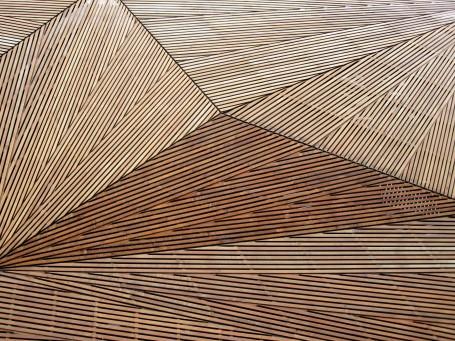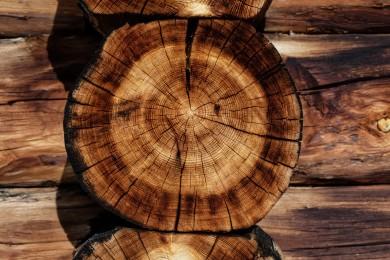
Homologation of a product
To achieve its objectives, BAWP grants homologation to a wood preservative product on the basis of a technical dossier submitted by the producer or his representative. This file provides proof of the product's performance in accordance with the requirements of European standard NBN EN 599-1, for each of the use classes for which effectiveness is claimed. These classes themselves are defined in European standard NBN EN 335. The requirements formulated take into account both the application method of the product (surface or depth treatment) and the particular sensitivity of the wood to which the product will be applied (pine wood or foliage wood).
This homologation is essential to qualify for a technical approval (ATG) describing the industrial application of the approved product, and specifying the retention and penetration requirements of the product, depending on the use class.
Wood protection domains
The BAWP homologation takes into account both the biological agents of wood degradation operating in Belgium and Belgian habits in wood processing and techniques for applying the products. We therefore recognise three different domains that require appropriate wood protection and establish specific approval codes:
- Preventive protection of timber (code A)
- Preventive protection of carpentry wood (codes B and C)
- Curative treatment of wood and masonry (codes D)
Use classes for wood protection
Homologation by BAWP follows the European standards and is based on the concept of use classes. It is re-evaluated in the perspective of the Belgian environment.
- Class 1: Wood used inside buildings in permanently dry environments
- Class 2: Wood not in ground contact and not normally exposed to weathering or leaching. Occasional risk of wetting
- Class 3: Wood not in ground contact but exposed to weathering or condensation
- Class 4: Wood in permanent ground contact or immersed in fresh water
- Class 5: Wood immersed in salt water
The first four classes distinguish, in addition to the constant risk of infestation by wood-infesting insects, the increasing risks of wood infestation by fungi under specific environmental conditions. The fifth class deals only with the risks associated with marine organisms attacking the wood.
Back
Approved products

Procedure for homologation
The procedure that allows a wood preservation product to enter the market with a technical approval (ATG) consists of three successive steps.
How to apply for a homologation
There are two documents that explain the procedure to apply for the homologation of a product.